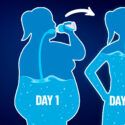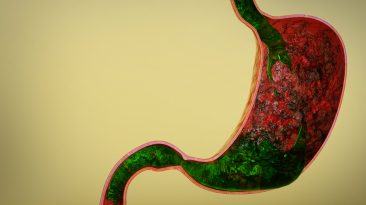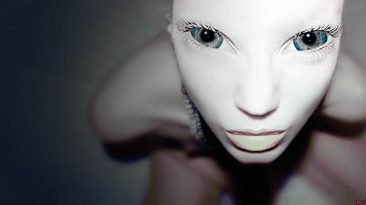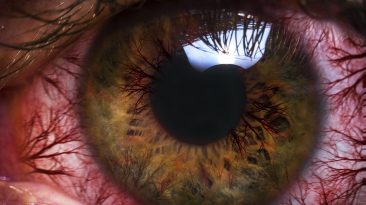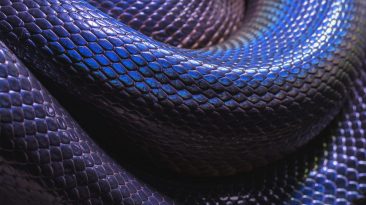Are you grossed out by the thought of eating insects? What effect would eating bugs have on your body? And could they become a major part of your diet?
Fifteen states in the eastern U.S. are expecting billions of Brood X cicadas to make their way to lawns, parks and golf courses. You might view them as pests, while others see them as a scrumptious arthropod buffet.
You heard that right. People eating insects. Welcome to the world of entomophagy. Two billion people around the world eat insects as a traditional part of their diet.
Next time you’re at your favorite restaurant, could they be serving cricket tenders, beetle burgers or fried cockroaches?
People have been eating insects for a long time. Ancient Romans loved beetle larvae reared on flour and wine. The fourth-century Greek philosopher Aristotle even had particular recommendations for the ideal cicada.
At first, the males are better to eat. But after copulation, the females, which are then full of white eggs. If the thought of eating a bug completely grosses you out, don’t feel bad. It could have a lot to do with your cultural background.
In parts of Mexico, they eat ant eggs soaked in butter, chocolate-glazed locusts and candied worms. In Thailand, bars and street markets sell crickets, grasshoppers and a variety of worms.
In Ghana, bugs are 60% of the dietary protein of people living in rural areas. You might find all of these ideas completely revolting. But insects are quite nutritious.
In general, most are rich in protein, healthy fats and vitamins, and low in carbohydrates. So if you rely on chicken or beef as a regular part of your menu, you’d be surprised to learn that replacing them with crickets or mealworms would be a healthier choice.
You could also tailor your insect diet to meet most of your vitamin needs. If you lack iron, you could try a tasty snack of Gonimbrasia belina or iron-rich moths.
Or, if you were looking to build up muscle, you’d pair your gym routine with a cricket powder protein shake. You can already see a variety of insect protein powders, flours and pastes on offer at your local supermarket.
So you might want to get used to it. According to a report from the UN Food and Agriculture Organization, as the global population grows, insects will need to become more prevalent in human diets.
If the thought of eating bugs makes you queasy, keep in mind that there could be enormous benefits to the environment. Insects have a feed conversion 12 times higher than cattle. That means they can more efficiently turn feed mass into body mass.
If you and many others converted to more insect-rich diets, there would be a significant reduction in greenhouse gas emissions, water pollution and land use. Of course, if you only ate bugs for the rest of your life, you’d want to prepare them in as many ways as possible. Maybe grab a few cookbooks.
But your new diet would never get boring. There are about 1,900 edible insect species. Like many other foods, they can be cooked, baked, fried or even dried. And they take on the flavor of added ingredients.
Perhaps crunchy exoskeletons are not your cup of tea. But try to think of it like biting into a delicious cracker or chip. Despite all this, giving up every part of your diet for bugs wouldn’t entirely be good for you.
Insects lack vitamins A, C and E that are important to your body. If you couldn’t make up for those, you could be on the road to a slow, painful death from scurvy.
But why not prepare for the future and start mixing insects in with some of your fruits and vegetables. Or go ahead and invite some friends to brunch. Anyone up for a stack of banana bug pancakes?
Sources
- “For Most People, Eating Bugs Is Only Natural”. Sharon, Guynup. 2021. Culture.
- “7 Countries That Eat Insects For Food | Terminix”. 2021. terminix.com.
- “Determinants of willingness to eat insects in the USA and India”. 2021. Journal Of Insects As Food And Feed.
- “Beef 101: Nutrition Facts And Health Effects”. 2021. Healthline.
- “Grub’s Up! How Eating Insects Could Benefit Health”. 2021. medicalnewstoday.com.
- “Natural Toxins In Food Plants”. 2021. cfs.gov.hk.




